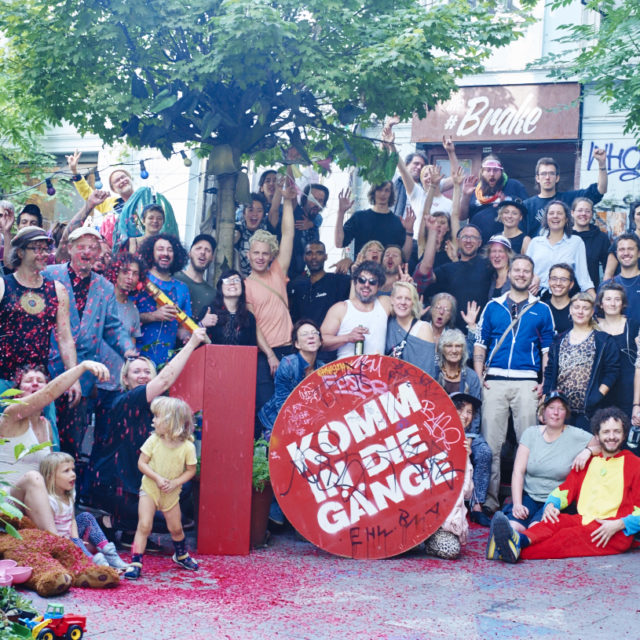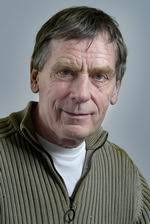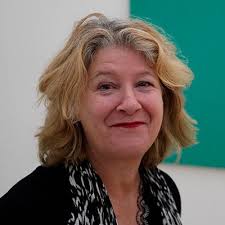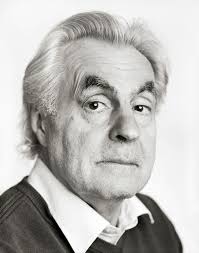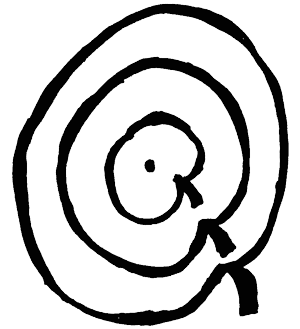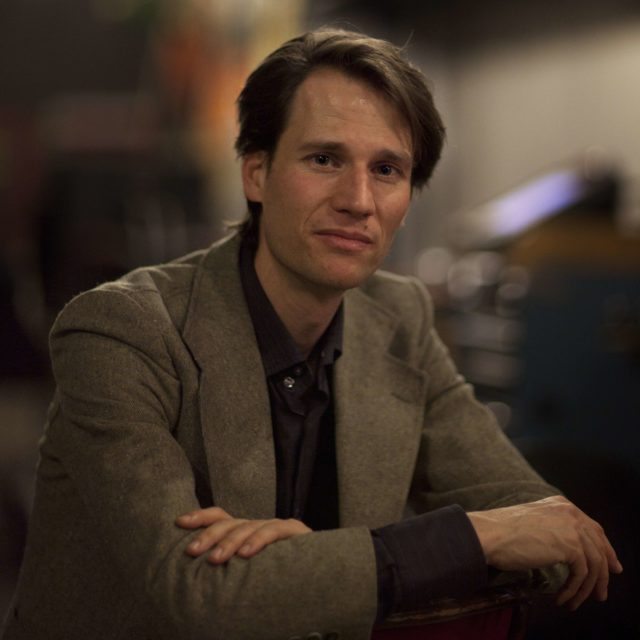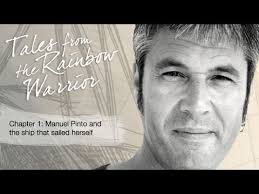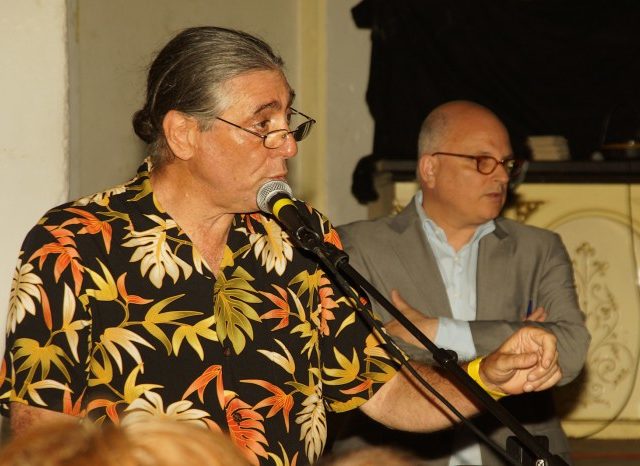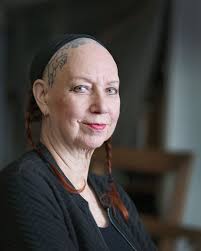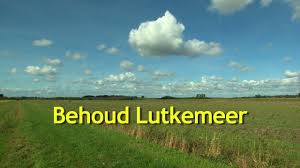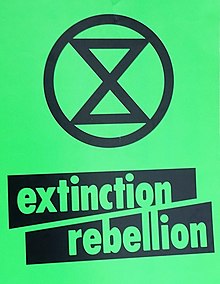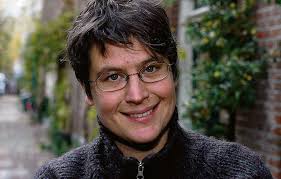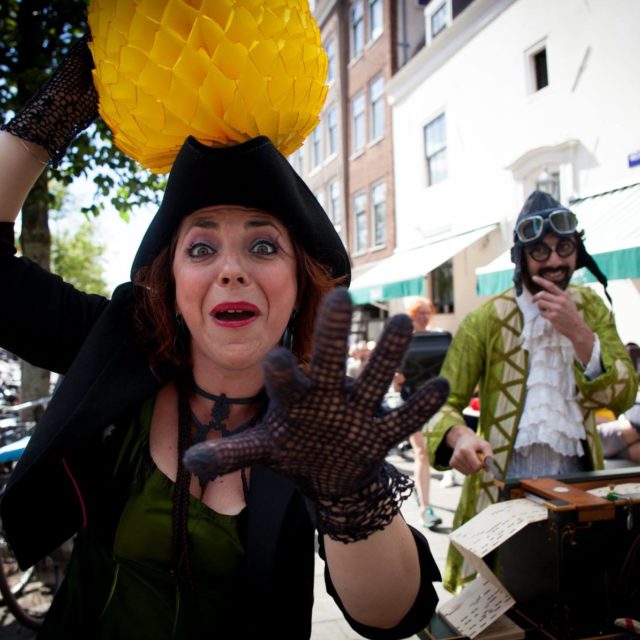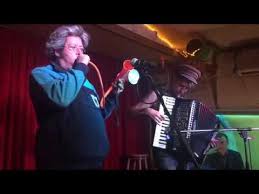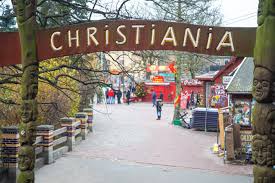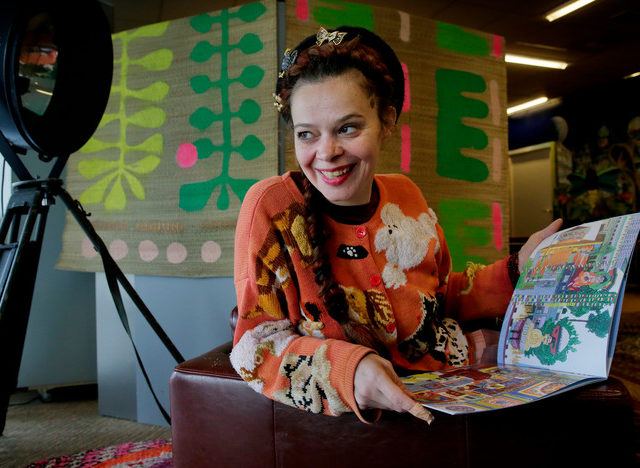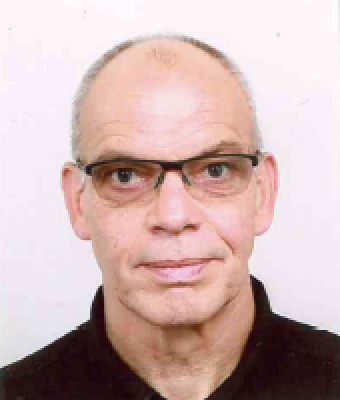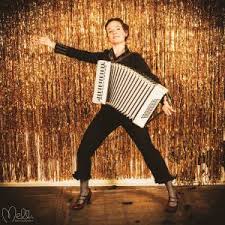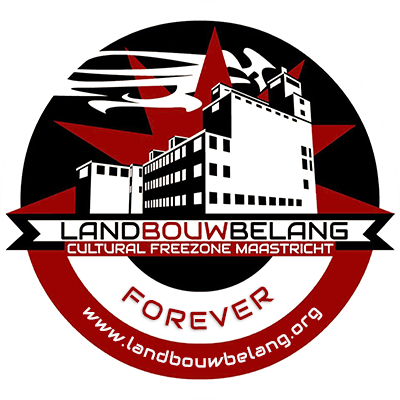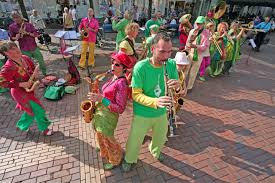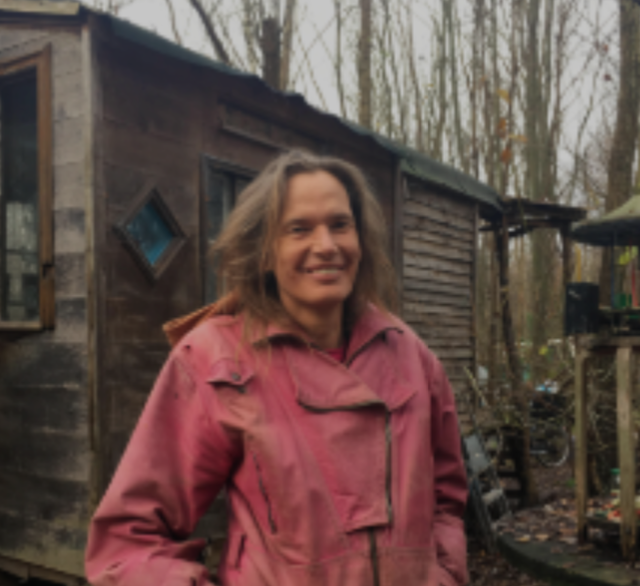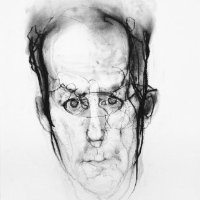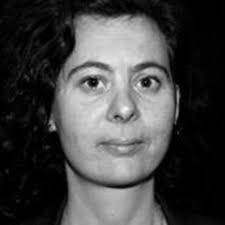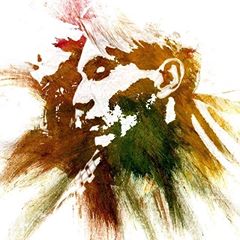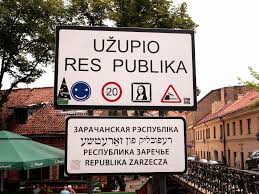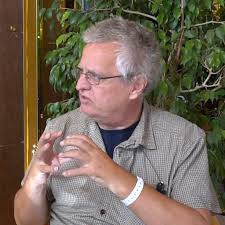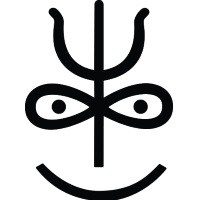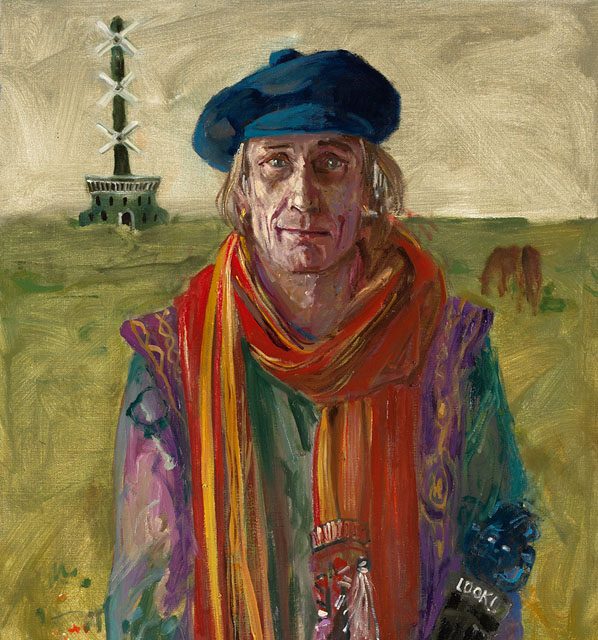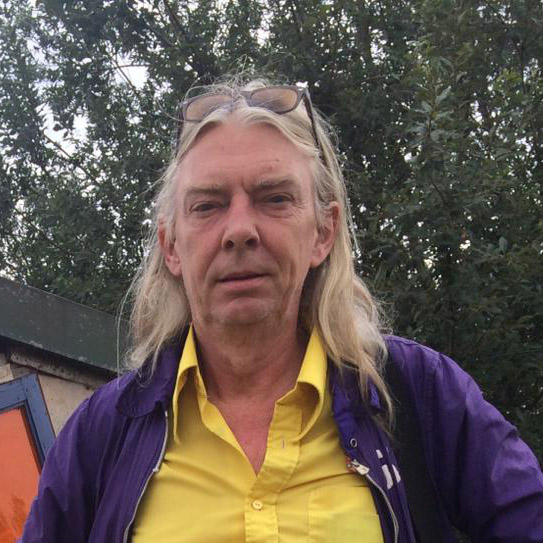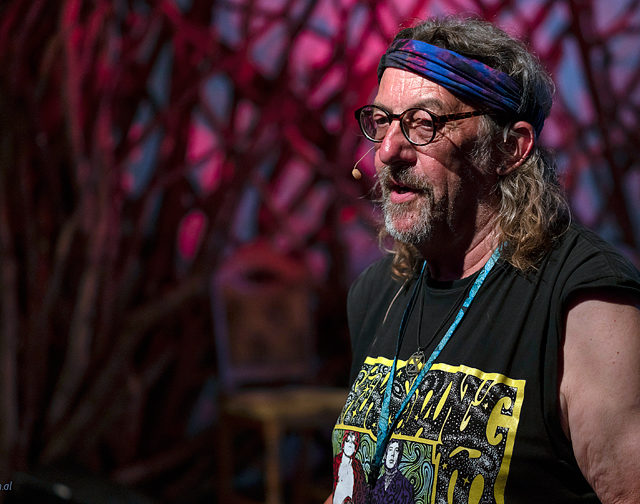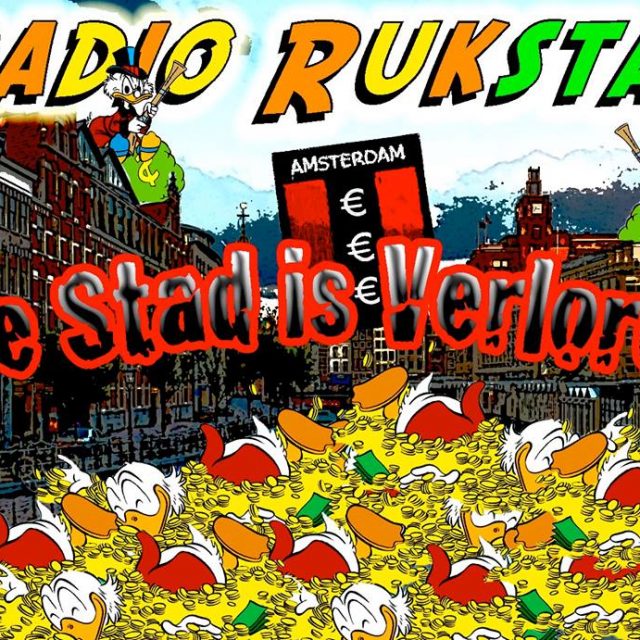A.K. Bouwman (Amsterdam, 1964)
Some people say that A.K. Bouwman would only be a feature garçon de salon, but that is less true. A.K. has developed into a virtuous master speaker in the metropolitan underground. He is a local investigative journalist, biographer, radio and tv presenter, voice-over, non-binding poet and spontaneous producer. Fortunately, this has become more prominent in recent years. Despite his successes, it was difficult to discover a specific solo line in his work. But his career has a dynamic process: A.K. has been working hard on that. He toured with several radio and tv stations and numerous art and cultural initiatives, and scored nationwide. The fact that he is not only a news hunter but also a co-producer of media programs and councilor of futurologic concepts, was not immediately evident. Maybe his character showed too much modesty, but we are aware of that ruthlessness of people in society. If a man claims success and shows ambition, he is cool, but if he stays on the plain, he runs the risk of being put away as anonymous. Sure, modesty graces the person, but with us, professionalism and perfectionism are often mistakenly dismissed as pretentious and being a phrasemonger. That kind of short-sightedness is unfair, but unfortunately it is a fact. Now as it seems A.K. has found his way, yet many do not realize that his profession can feel like gambling in Vegas. Through his years of training, he understands why certain topics can grab you. “Many say that my views cannot be approved. But what would that be? It would be insane if someone had opinions for others! My views are the result of my reflections and are closely related to my being, my structure. It is not in my power to change them, and if it were, I would not do it. These views, which countless people regard as wrong, are the only consolation of my life, they illuminate everything that I have to undergo in the prison of this existence and constitute all the joy that I have in the world: I attach more importance to it than to my life. It is not my views that have caused my misfortune, it is those of the others,” says A.K. about his labor. He is clear about his future: “My unfortunate father calls me from the depth of his grave: it is as if he is crying out once more and persuading me to return to eternity as in the only hiding place that remains. I draw this comforting image from the love that I bear for life, but it would have no effect and I hurry to erase it, for fear of being too enamored by it at a moment when I only need fortitude.” But since he does everything in his own way with exception of the rule and shows that things can be done differently, outside of normal standard business, he has discovered that it is “the coolest thing in the world.” Now A.K. profiles himself more prominently as a transmitter of knowledge and teacher of conceiving differently. He again shows guts, in a city and beyond dominated by would-be millionaires and individuals who look the other way if you really need them. His new pataphysical visions are on the brink of madness (preview snippets are already all around) and next time he’ll be on stage the addition of A.K.’s chef-d’oeuvre will give the unseen back of the Amsterdam facades a face.









